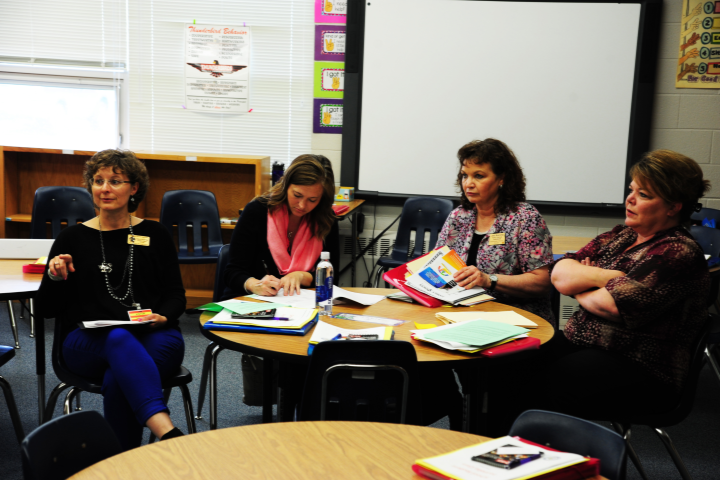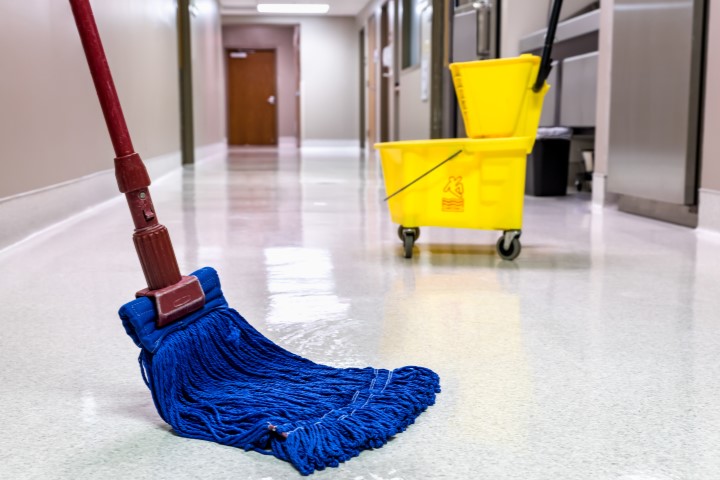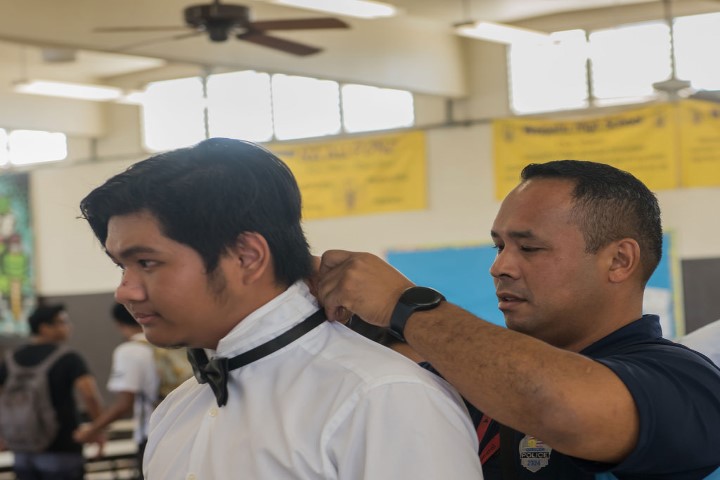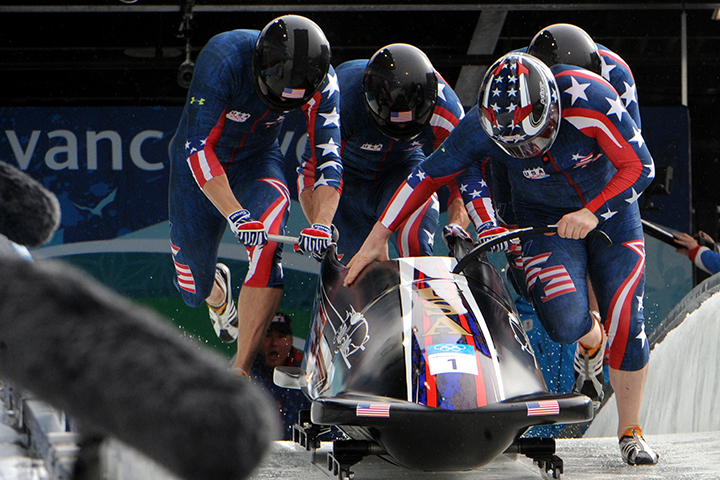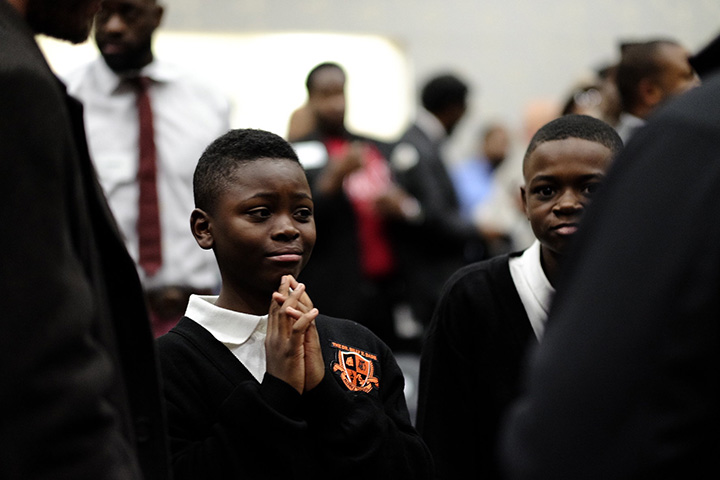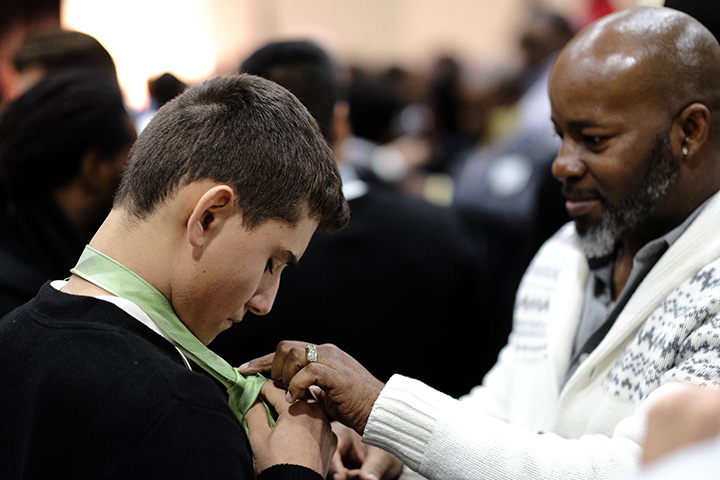Chesapeake third grader Anaya Ellick had her sights set on winning the 2018 Zaner-Bloser National Handwriting Contest for cursive, and the hard work payed off in May when she took home the trophy.
What makes the feat all the more amazing is Ellick was born without hands, WVEC reports.
“Anaya is a role mode to everyone,” said Sarah Cannaday, Ellick’s teacher at Greenbriar Christian Academy. “Her classmates see her and see her doing the same tasks they are and they are often amazed that she can do just as well as they do, sometimes even better.”
Ellick was honored with the Zaner-Bloser 2018 Nicholas Maxim Special Award for Excellence in Penmanship during a May 9 presentation with her teacher, parents, classmates and administrators at her school. The Nicholas Maxim Award is for students with cognitive delay or intellectual, physical or developmental disabilities.
A team of occupational therapists review entries and pick a winner. The annual award is part of the national Zaner-Bloser handwriting contest, which has recognized the outstanding penmanship of K-8 students nationwide for more than three decades, according to the news site.
Ellick, a soft-spoken and humble 9-year-old, said her key to success is simply not giving up, despite some who doubted her ability. She won a similar handwriting contest for printing two years ago.
“People said I could not do it,” she said. “I would tell them I could do it.”
What is apparent in this story is Ellick’s total lack of victimhood, of not being defined by her disability. What it also shows is that the pendulum in some schools is swinging back from self-expression to self-discipline. This research can be found in The Death of Character, written by James Davidson Hunter. Researchers at the Institute for Advanced Studies in Culture are encouraged by this shift.
Ellick said it felt good to be recognized for her hard work.
“I felt happy, excited, and proud of myself,” she said.
Cannaday told WVEC Ellick’s personal drive is infectious, and not just for her classmates.
“She’s just really inspired me to work harder, because I look at her and she never says ‘I can’t do it,’” Cannaday said. “She never makes an excuse.”
Teachers with younger children will find this resource, from the UK’s The Jubilee Centre helpful for teaching students about virtues they should be acquiring at a young age.

